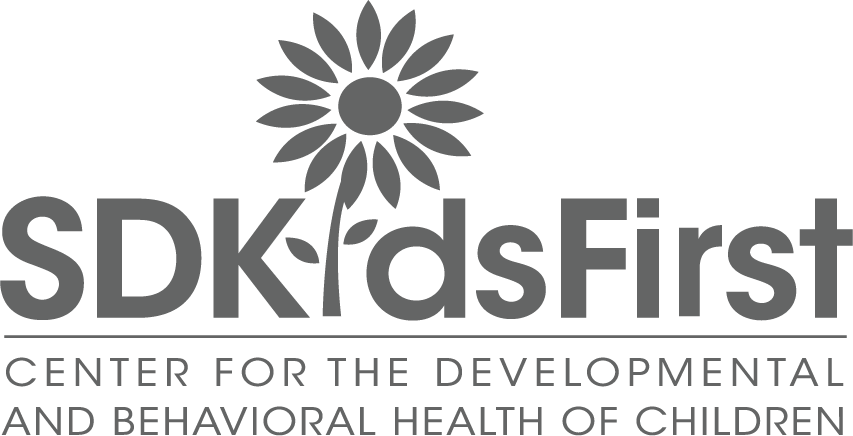Social Emotional Learning is the process through which all young people and adults acquire and apply the knowledge, skills, and attitudes to develop healthy identities, manage emotions, feel and show empathy for others, establish, maintain supportive relationships, and achieve personal and collective goals.

People with strong social-emotional skills are better able to cope with everyday challenges and benefit academically, professionally, and socially.
There are 5 areas we can address in SEL
- Self-awareness
- Self-management
- Social awareness
- Relationship skills
- Responsible decision-making
- Self Awareness: The ability to understand one’s own emotions, thoughts, and values and how they influence behavior across contexts. This includes capacities to recognize one’s strengths and limitations with a well-grounded sense of confidence and purpose.
- Self Management: The ability to manage one’s emotions, thoughts, and behaviors effectively in different situations and to achieve goals and aspirations. This includes the capacities to delay gratification, manage stress, and feel motivation and agency to accomplish personal and collective goals.
- Social Awareness: The ability to understand the perspectives of and empathize with others, including those from diverse backgrounds, cultures, and contexts. This includes the capacities to feel compassion for others, understand broader historical and social norms for behavior in different settings, and recognize family, school, and community resources and supports.
- Relationship Skills: The ability to establish and maintain healthy and supportive relationships and to effectively navigate settings with diverse individuals and groups. This includes the capacities to communicate clearly, listen actively, cooperate, work collaboratively to problem solve and negotiate conflict constructively, navigate settings with differing social and cultural demands and opportunities, provide leadership, and seek or offer help when needed.
- Responsible Decision Making: The ability to make caring and constructive choices about personal behavior and social interactions across diverse situations. This includes the capacity to consider ethical standards and safety concerns and to evaluate the benefits and consequences of various actions for personal, social, and collective well-being.
With SEL support and education, children are better able to identify and label emotions, build empathy, identify the appropriate response or coping skill, self-regulate, initiate peer and adult interaction, and practice responding to big versus little problems.
If you have any questions or would like to schedule an appointment with one of our SEL experts, please email or call our office at contact@sdkidsfirst.com / (858) 692-4187 and we will be happy to help you!
